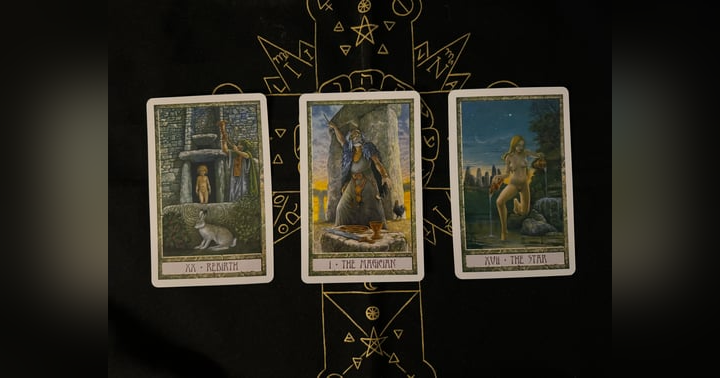Labels
Whenever you go through bible stories, almost invariably there are people who get an automatic label. For example, Rahab the Harlot. I remember growing up hearing “Rahab the Harlot” frequently. Rahab was a woman who lived in Jericho and assisted the Israelites in capturing the city by hiding two spies. In the New Testament, the writer of Hebrews referred to her as “the prostitute,” when describing her as an example of great faith. So, even though she is specifically called out as a person of great faith, she’s still “the prostitute.”
Another great saint of the church was Thomas. Thomas was one of the 12 apostles who actually walked with Jesus on this earth. Christian tradition holds that he traveled as far as South India, spreading the gospel. Christians in India honor him to this day. He is recognized as a saint in Orthodox, Catholic, and Protestant traditions. Yet, the term “Doubting Thomas” is used frequently and is associated with him. According to the New Testament, Thomas didn’t believe the other disciples when they told of Jesus’ resurrection. He said he would need proof himself, which the scriptures record Jesus appeared to him and then he believed. We were told, growing up, “Don’t be a doubting Thomas.” I even remember a song about it. Isn’t that strange? One of the greatest men in Christian history is remembered as Doubting Thomas and children are warned to not be like him.
Labeling people by their mistakes is short-sided and hurtful. Someone can live a life that is incredible, but if they make a mistake that is highlighted by the right people or is so out of character it is shocking or is something we never expected from them because we held them to such a high standard, they are automatically labeled and can often be defined only by that mistake and nothing else. Forgiveness is spoken of, but remembrance and labeling can be so damaging, it can ruin a person’s life.
This is not to excuse bad behavior or to say we don’t call out evil or bad acts when they occur. Certainly, standing by while racism, abuse, or other bad things happen is not what we should do as people. But I think we need to think about how we label people and define them. If we define otherwise decent people by their mistakes, we reduce their humanity. We take away possibly a lifetime of love, caring, and service based on one act. So, next time someone fails you, disappoints you, or maybe even you disappoint yourself, think about Rahab, the great woman of faith and Thomas, the man who gave his life for Christ. People are complex. They are imperfect. I certainly hope I am defined by more than my mistakes. I hope you are, too.
When Jesus said not to judge others or you will be judged in the same manner, it was a serious warning. If you hold people to an impossible standard, you will be held to one as well. If you hold them accountable, but also show mercy, kindness, and empathy, you will also be given that grace. What you put into the universe will come back to you. I believe that. So, whether you believe in a god who judges from a throne or a spirit that dwells within all of us, connecting us, this principle applies.
Lastly, cut yourself some slack. Don’t define yourself by your mistakes. Instead, look to your wonderful qualities and live them. Let yourself be that beautiful soul that you truly are and give that love to those around you.


